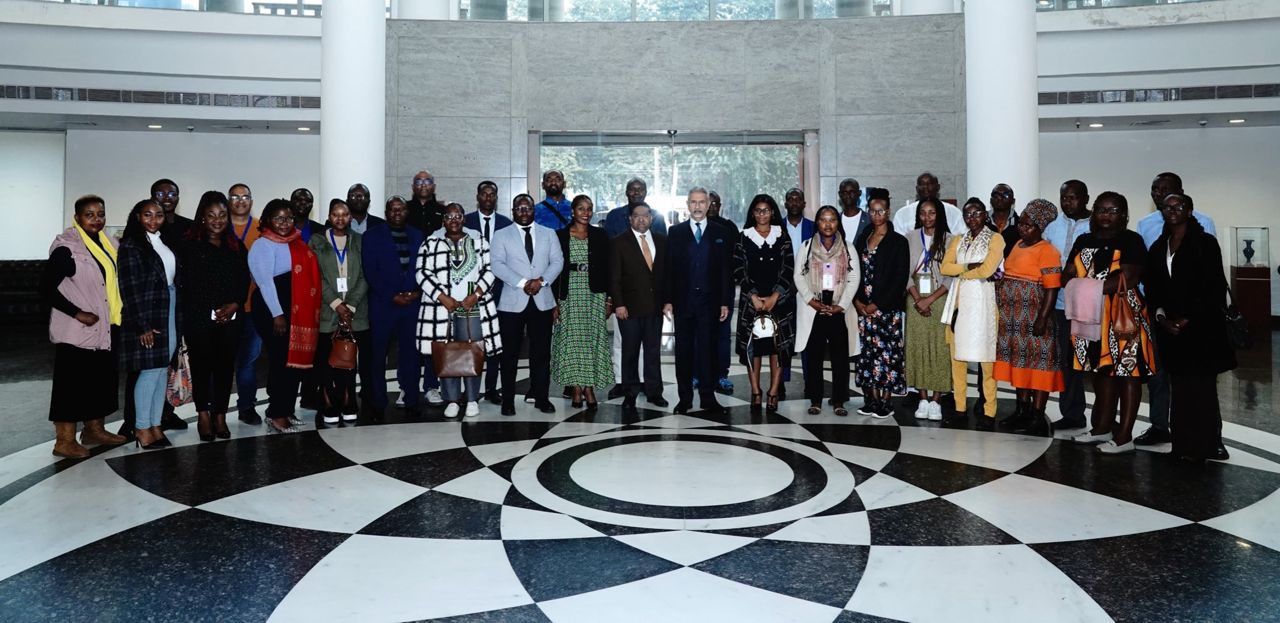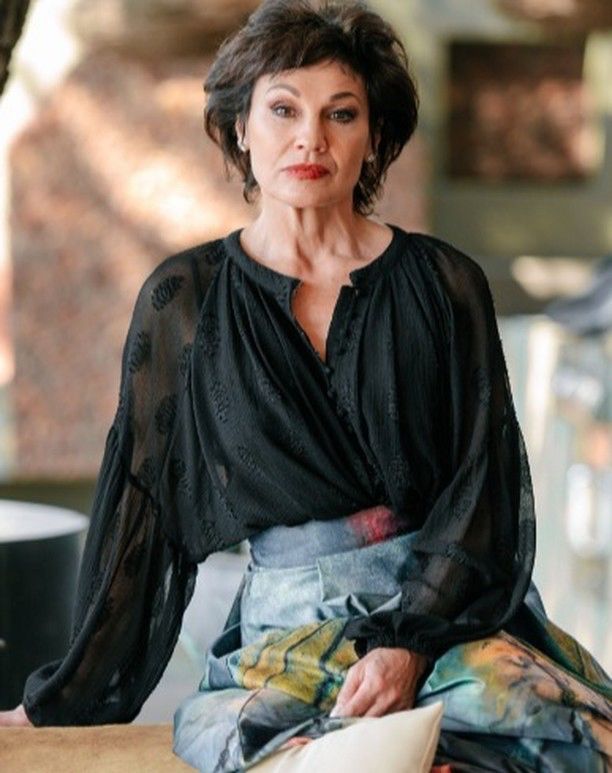MOMBASA – Near the white sandy beaches along Kenya’s coast where tourists sip cocktails in the sun, graffiti scrawled on walls proclaims ‘Pwani si Kenya’ or ‘The Coast is not Kenya’.
The Swahili slogans are a call by an outlawed group for the coastal region, including a booming tourist industry and Mombasa, Kenya’s oldest city and biggest port, to secede from East Africa’s largest economy.The separatist message preached by the Mombasa Republican Council (MRC) has spread through mosques, churches, markets, coffee houses, text messages and Facebook.MRC wants the coast, where centuries of Arab trade and influence left their mark and minarets show the predominance of Islam, to have its own flag, currency and president.The campaign taps into deep local grievances over land ownership and employment being in the hands of outsiders, who have settled at the coast over the years from other regions of Kenya, west of the contested coastal belt.’I am coastal by birth and right, yet I can’t benefit from our own resources … all the jobs are taken by them, people from upcountry,’ Joram Kahindi, 26, and a father of three, said at a rundown barber shop north of Mombasa.’We need to be in control of our region,’ he said, turning up a Bob Marley reggae tune playing on his transistor radio.MRC supporters threaten to boycott and disrupt voting on the coast in national elections scheduled for March if their demand for secession is not met by authorities in the capital Nairobi.This could turn one of Kenya’s best-known tourist havens into a potential flashpoint, fuelling wider fears of ethnic violence and riots during the elections.More than 1 200 people were killed in bloody tribal clashes in Kenya that followed a disputed presidential vote in 2007.’The MRC threat is the single biggest risk in next year’s election,’ said Mzalendo Kibunjia, who heads a national agency formed to reconcile tribes after the violence five years ago.The outlawed group’s partisans, believed to number thousands, say while the coast is a jewel in Kenya’s economy, many locals remain jobless and landless. Local schools and hospitals are run down and roads pitted with potholes.If the coast were to secede, it would deny Kenya access to the Indian Ocean and transform it into a landlocked country.President Mwai Kibaki has flatly rejected the MRC demand for secession, refusing any negotiations on this point.Not far from Kahindi’s barber shop, local businesswoman Phyllis Njeri, who is originally from central Kenya but has lived on the coast for more than 30 years, said she was afraid of becoming a target of the threatened MRC violence.’If they come chasing people from upcountry, you can imagine how this wood will burn,’ said Njeri in her workshop crammed with timber and roofing sheets.’Most of the local people at the coast support the MRC, and this makes us people from upcountry very anxious.’’MOB JUSTICE’The MRC takes its name from Mombasa, the commercial hub of the coast and Kenya’s second-largest city after Nairobi.Mombasa draws tourists to its sun-drenched beaches and quaint old town, with its winding streets and Arab architecture of ornately carved doors and window frames.Men wander into mosques clad in flowing white robes, while women wearing traditional black garments fill the busy markets.The MRC, which says Mombasa would be the capital of independent ‘Pwani’, was outlawed in 2010 by Kenyan authorities along with 33 entities described as ‘organised criminal groups’.It has asked Kenya’s courts to block the March elections and to reverse the ban on its activities, its leader told Reuters.’There will be no peace, this I cannot hide from you. The coast will have no peace at all. Voting in the coast will not happen if there is no secession,’ MRC chairman Omar Mwamnwadzi said, speaking at his home south of Mombasa.He spoke in Swahili, the national language of Kenya, where English is used for business. Swahili originally developed on the coast and borrows words from other languages such as Arabic.’We will not allow elections here. It will be mob justice using rocks. Many will die,’ Mwamnwadzi said, surrounded by white-bearded elders and sitting barefoot on a mat under swaying palm trees. He wore black trousers and a faded blue T-shirt.The MRC partisans have shown they are capable of violence.In March, police at the coast arrested people it said were MRC members when they disrupted a mock poll exercise in Malindi, a tourist haven at the coast, injuring officers. Mwamnwadzi denied issuing orders for the attack.The following month, a man said to be a supporter of the MRC was killed after being hit with a rock by a fellow protestor when dozens of its members stormed a Mombasa court hearing a case in which the separatists want to reverse a ban on its activities.A ruling on MRC’s court challenge is due today.Kenya has once before faced demands from separatists, when in the 1960s, ethnic Somalis in the northeast pushed for secession, seeking to be part of a ‘Greater Somalia’.Kenya’s founding president Jomo Kenyatta ended their claims with a tough military crackdown that left many dead.’We are also ready to die, we have suffered too long,’ Mwamnwadzi said, speaking calmly in a deep voice.Aged 61, he can neither read nor speak English, and dropped out of school in grade four before later joining the army.To back MRC’s claims of a separate historical heritage for the coast, Mwamnwadzi cites an ancient treaty dating back to its rule by an Arabian Sultan based in Zanzibar.MRC says it has documents of a 1963 accord signed by then Kenyan Prime Minister and later President Kenyatta and his Zanzibar counterpart Mohamed Shante, granting Kenya a 50-year lease over the coast. This would expire in June 2013, so returning the region to its indigenous people, the MRC argues.But the Kenyan government and historians in Nairobi have dismissed the treaty as a forgery and MRC propaganda.The government says that while the coast was ruled by a Sultan, it reverted back to mainland rule from Nairobi upon Kenya’s independence from Britain in 1963.Mwamnwadzi says he is inspired by successful past secessionist movements in South Sudan, Eritrea, Puntland and Somaliland that brought independence or autonomy to these territories and also by the ongoing uprising by an Islamist group in Zanzibar demanding to break away from Tanzania.- Nampa-Reuters
Stay informed with The Namibian – your source for credible journalism. Get in-depth reporting and opinions for
only N$85 a month. Invest in journalism, invest in democracy –
Subscribe Now!







